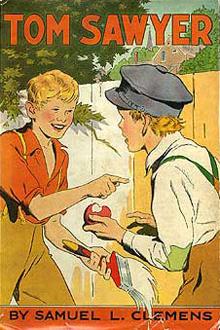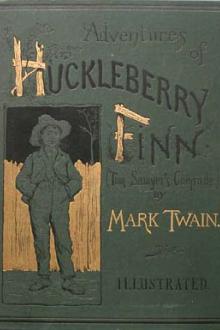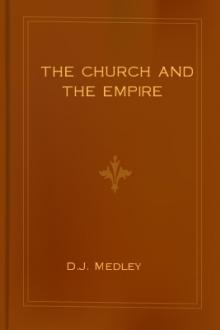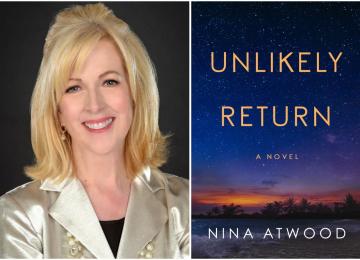The Age of Reason
Book Excerpt
nce to Paine's footnote (itself altered in some editions!), in which he says: "If this has happened within such a short space of time, notwithstanding the aid of printing, which prevents the alteration of copies individually; what may not have happened in a much greater length of time, when there was no printing, and when any man who could write, could make a written copy, and call it an original, by Matthew, Mark, Luke, or John.
Nothing appears to me more striking, as an illustration of the far-reaching effects of traditional prejudice, than the errors into which some of our ablest contemporary scholars have fallen by reason of their not having studied Paine. Professor Huxley, for instance, speaking of the freethinkers of the eighteenth century, admires the acuteness, common sense, wit, and the broad humanity of the best of them, but says "there is rarely much to be said for their work as an example of the adequate treatment of a grave and difficult investigation," and that they shared with their adve
Editor's choice
(view all)Popular books in Banned Books, Non-fiction, Philosophy, Religion
Readers reviews
- Upvote (0)
- Downvote (0)
l find hlhenry's insinuation that the "Founding Father's" rejected Paine's "Age of Reason" because they "experienced "particular and personal Providence." at best a half truth. Yes, the Founders were often disposed to reject Paine's work, but as excessively radical and invidiously "democratical" as much as for any religious reasons
If we think of the Founders as comprised of the Signers of the Declaration of Independence, major figure in politics and war that led victory, and the framers of the Constitution, then in terms of religion we have a diverse group. Many, perhaps a majority were titular Episcopalians, but the American branch of the Church of England was all but entirely disposed toward Latitudinarianism, that is to say Deism with sermons. A few were protestants of other denominations, and a handful were Roman Catholic. Some joined with Jefferson, in a more public embrace of Deism. Other's were the same, but in less visible fashion. A few like Paine and Franklin publicly or privately took Deist positions that today would be seen as edging on atheism, arguing that the voice of nature provides surfeit grounds for moral knowledge and human advancement.
As an aside- after a decades long work in support of the French Revolution- Paine returned to the United States at the personal invitation of President Jefferson. At his death, he was buried on the farm given him by Congress at the end of the Revolutionary war.
hlhenry writes with half truths, exaggeration and misdirection, tactics common to the religious fanatics who today endanger our republic.
The point of this mild diatribe is to encourage a reading of this wonderful document. History is a friend of freedom and a remedy to tyranny.
The Founders, who experienced particular and personal Providence as evidenced by their testimonies, writings and training, universally condemned this work. Paine failed to convince but few who did not feel personally attacked and in the end no American cemetery would receive his remains. Benjamin Franklin's letter to Paine:
(http://www.wallbuilders.com/LIBissuesArticles.asp?id=58)
This book is a far cry from his most inspirational work "Common Sense."
http://manybooks.net/titles/painethoetext03comsn10a.html

 Free Download
Free Download






















